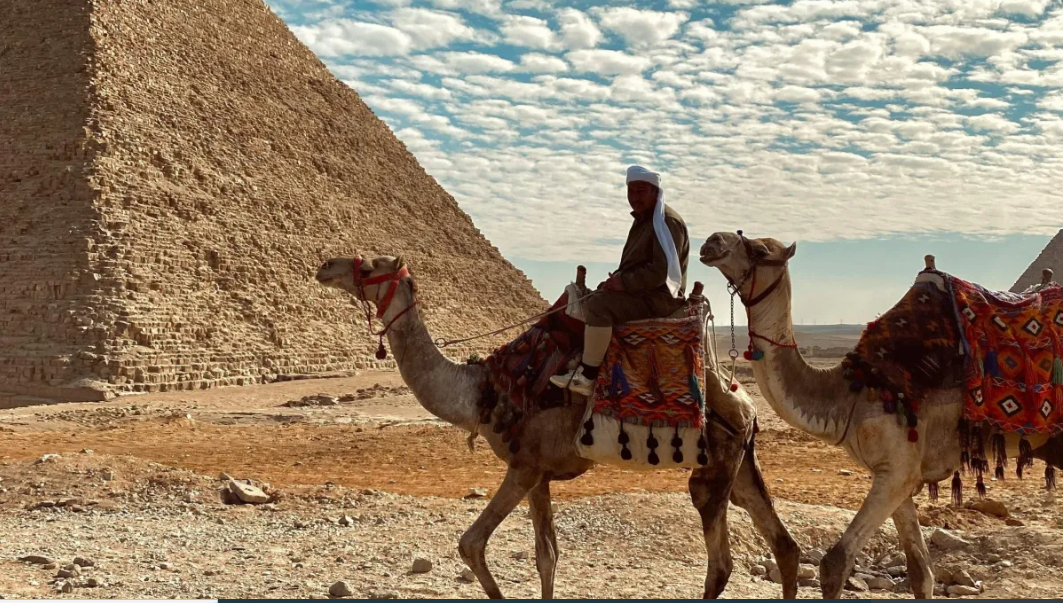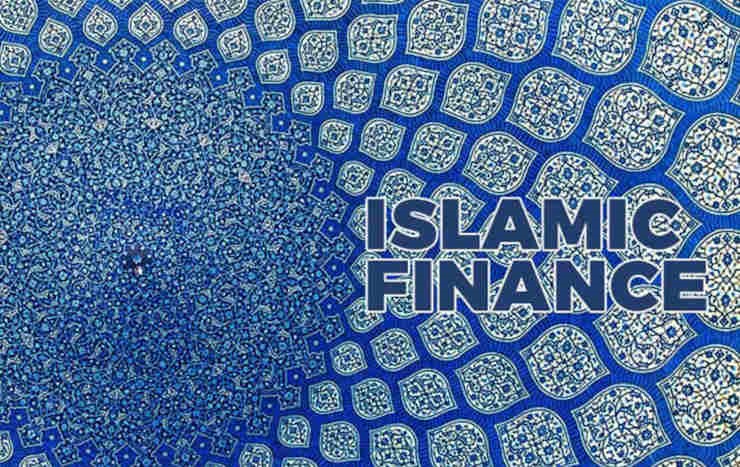By Baba Yunus Muhammad
Islamic finance today has become a global growth phenomenon that no region or country can afford to ignore. According to the State of the Global Islamic Economy Report 2020/21, an annual industry report produced by Thomson Reuters, the global market for Islamic financial services, as measured by Shariah compliant assets, is estimated to have reached US$2.88 trillion, and projected to reach US$3.69 trillion by 2024. Islamic commercial banks account for the bulk of the assets with investment banks, Sukuk issuances, funds and insurance making up the balance. With over 500,000 Islamic financial institutions operating around the world, Islamic finance is set to become a major global player in the world of finance. The factors that drive the growth of Islamic finance range from increased petrodollar investments from the Gulf, growth in Muslim population and the ethical character and financial stability of Islamic financial products.
Currently, the Middle East and South East Asia and some few African countries, are the primary locations for Islamic capital. In particular, Malaysia, Iran and the majority of countries from the Gulf Co-operation Council (GCC) such as Kuwait, Bahrain and Qatar are seen as the main centers of Islamic finance, with significant activity also taking place in the UK and more recently in countries such as Turkey, Sudan, Nigeria, Egypt, South Africa, Kenya, Senegal, Jordan and Syria and some Asian countries such as Indonesia, Hong Kong, Singapore, Bangladesh, Pakistan and China.
Islamic finance in Ghana
However, amidst all the talk of bubbling Islamic finance hubs globally, there remains much to be achieved on purely a domestic basis in certain key countries. Ghana is a clear example. With the exception of Nigeria, there is probably, no country in Africa that offers greater potential for the growth of Islamic finance than Ghana!
Ghana is among Africa’s largest untapped Islamic finance markets. Despite the growing potential of Islamic finance and its impressive growth in other parts of the world such as the Middle East, South East Asia and Europe, it is yet to find favor with Ghanaian authorities. Ghana has a significant Muslim population of about 7 million of its 32,623,337 population. Yet, there are no Shariah compliant financial products and services currently available in Ghana. There is also, no fully-fledged Islamic bank or Islamic banking window currently operating in Ghana. A recent survey however, suggests that a considerable number of Ghanaian Muslims and non-Muslims as well, would prefer to invest in non-interest bearing instruments or products or donate the interest from interest-bearing accounts to charity.
Government’s lukewarm attitude
Successive Ghanaian governments’ attitude towards Islamic finance can be described as “lukewarm” and “cautious”. Although, there are always unfounded rumors about Ghana’s formal embrace of Islamic finance, but there is nothing on the ground to physically demonstrate the government’s seriousness. It appears the government lacks the political will to fully embrace Islamic finance.
No Islamic financial institution can operate in any given jurisdiction without an effective regulatory framework in place. To start with, there are issues of governance, regulatory, taxation, Shariah compliance and others, like recognizing the principle of profit sharing and allowing Islamic contracts to avoid certain terms which are not permitted, such as interest, to contend with.
These issues, of course, cannot be effectively addressed or tackled without the necessary amendments in Ghana’s financial laws. It should however, be noted that Ghana has a dominant and sophisticated Christian majority population, and this means the legislative arm of the Government is also dominated by Christian members of Parliament. The terrorist activities by some fanatical Muslim elements and criminal gangs in some predominantly Muslim countries, particularly, Mali, Burkina Faso and Nigeria have unfortunately dented the impression majority of Ghanaians has about Islamic finance, particularly, when it has to do with amending the country’s laws to accommodate aspects of the Shariah.
Challenges
The real challenge now for proponents of Islamic finance in Ghana is how to win the support and confidence of the Christian majority population, and by extension, the Parliament to effect the necessary legislative changes in Ghana’s financial laws that will pave the way for the formal accommodation of Islamic finance as an alternative financial system in Ghana. This may take time, probably, a longer time. These basic challenges which readily come to mind must be overcome:
- Regulatory framework:
- Ghana’s current financial system is currently governed and regulated by laws that are clearly in opposition to the basic tenets of Islamic banking.
- Lack of a robust regulatory framework to govern and regulate the operations of Islamic financial institutions.
- The interest earned on fixed deposits is subject to income taxes, whereas the profit on Islamic banking deposits is treated differently.
- Conventional financial institutions borrow from other banks and financial institutions to meet their short-term funding requirements, but Islamic financial institutions cannot do so because it involves interest.
- Islamic financial institutions are required to closely monitor their investments in various businesses, as well as ensure that the investee firms are managed properly. This calls for expensive supervisory infrastructure.
- Dearth of Islamic finance professionals:
There is a serious dearth of Islamic finance experts and trained personnel in Ghana.
- Islamic finance literacy
Islamic finance literacy among Ghanaians generally is very, very low. There is a lack of awareness about Islamic finance. Most people mistakenly believe that Islamic finance is only meant for Muslims, whereas in climes like Malaysia, Nigeria, Kenya, UK and elsewhere, about 40% of the customers of Islamic financial institutions are non-Muslims. A great deal of hard work has to be done to dispel the myth that Islamic finance is only for Muslims and the notion that Islamic finance is associated with terrorism. Much harder work must go into raising the awareness among the professional and intellectual class that Islamic finance is a complementary, alternative and ethical form of finance. Public seminars and discussions are a good way to do this.
Conclusion
Islamic finance, with its widely recognized strengths in retail and commercial banking and experience in infrastructure, property, SMEs and agricultural financing, has considerable potential to become an important element in Ghana’s aspirations to be an Islamic financial services center in West Africa. Secondly, Islamic finance has the potential to facilitate further innovation and competition in the wholesale and retail banking sectors and to support Ghana Government’s commitment towards credit market diversification.
According to official sources from Ghana’s ministry of Finance, Ghana is currently facing a huge budget deficit of US$1.375 trillion, and requires a dose of foreign injection of funds to close this gap. Following the example of countries such as Malaysia, Indonesia, UK, France and Germany, Ghana could use Islamic financial products such as Sukuk (long term Islamic bond) to fund its budget deficits, infrastructure and other sectors.
Specifically, Ghana could attract the Middle East’s high investible surplus through Islamic banking and finance. The institutionalization of soft and hard Islamic finance infrastructure in Ghana may help attract foreign Islamic banks and conventional banks with Islamic windows to establish operations in Ghana; attract investments in Ghanaian assets and businesses from overseas Shariah investors and tapping into new funding sources through Sukuk and other securitized issues; fund managers establishing Shariah compliant funds for Asian and Gulf institutional and high net worth individual investors; local Exchanges providing Islamic listings platforms for domestic and international issues of Shariah compliant instruments; and Ghanaian based financial firms, professional services providers and educational institutions exporting their services into Asia and the Gulf.
Baba Yunus Muhammad is the president of Africa Islamic Economic Foundation. He can be contacted at president@afrief.org.
This article was first published in IFN Volume 20 Issue 4 dated the 25th January 2023.





 TRENDING11 months ago
TRENDING11 months ago
 PROFILE8 months ago
PROFILE8 months ago
 BUSINESS & ECONOMY3 years ago
BUSINESS & ECONOMY3 years ago
 BUSINESS & ECONOMY3 years ago
BUSINESS & ECONOMY3 years ago
 BUSINESS & ECONOMY3 years ago
BUSINESS & ECONOMY3 years ago
 HALAL ECONOMY9 months ago
HALAL ECONOMY9 months ago
 BUSINESS & ECONOMY3 years ago
BUSINESS & ECONOMY3 years ago
 BUSINESS & ECONOMY2 years ago
BUSINESS & ECONOMY2 years ago


